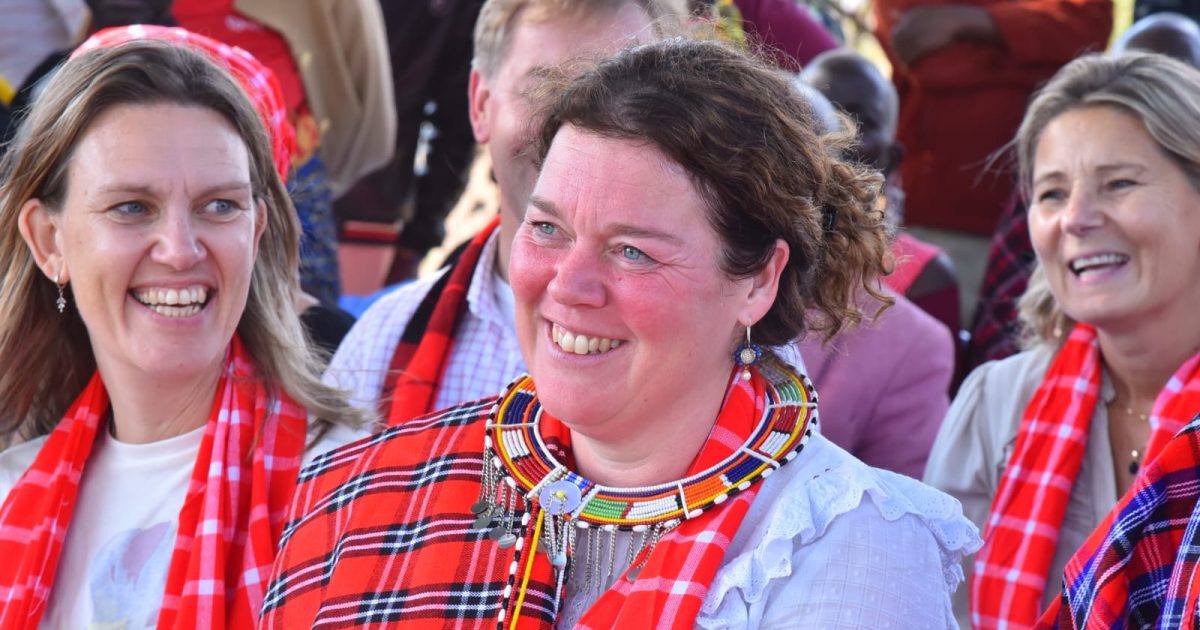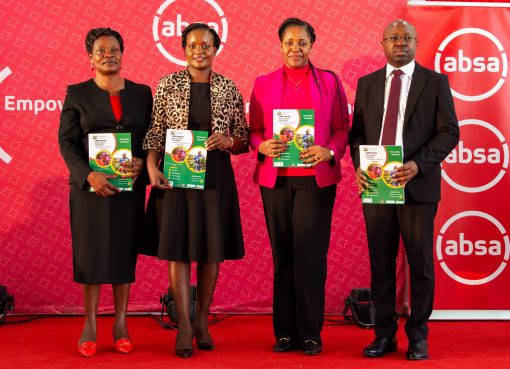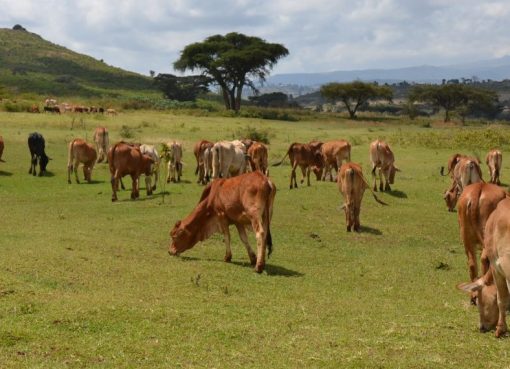The fight against Female Genital Mutilation (FGM) in Kenya requires renewed efforts and collaboration among all stakeholders.
Dutch Ambassador for Gender and Equality, Pascalle Grotenhuis, emphasized the need for all stakeholders to work together in eradicating FGM, even as schools close for the long holidays, during which the vice is usually rampant.
Speaking at Enkorika village, Kajiado Central during a community dialogue, Grotenhuis noted that FGM was an outdated cultural practice that has no significant benefit to the girl-child, but instead destroys and limits their future.
She called for an end to the cut, urging the community to embrace Alternative Rites of Passage, which would allow the girls to continue with their education and achieve their dreams.
“Once circumcised the girls are married off, therefore, drop out of school. Girls must be given an opportunity to complete their education, educating them gives them choices to be who they want to be in life,” said Grotenhuis.
Dalalekutuk Ward Member of the County Assembly (MCA), John Loisa, reiterated the Ambassador’s sentiments, adding that Kajiado County was among the first counties to have the Anti-FGM policy in place.
Loisa warned perpetrators of FGM and early marriages that the law will deal with them accordingly as the practice is illegal in Kenya.
Female Genital Mutilation (FGM), is a criminal offence under the prohibition of the Female Genital Mutilation Act 2011, the Children’s Act and the Penal Code.
Any person who conducts FGM or pays someone else to conduct the practice or provides his premises for it to be carried out, is guilty of an offence.
Failure to report the act and possession of instruments used in FGM is also a crime.
Anyone convicted of these offenses can go to prison for a period of between three and seven years, and be fined up to Sh500, 000.
However, the practice is still rampant among pastoralists’ communities and is often done in secrecy to avoid the law.
According to The Kenya Demographic and Health Survey (2014-2015), 21 per cent of women and girls, aged 15-49, have undergone some form of FGM, while three out of 10 girls in Kenya today face the risk of undergoing FGM.
The national prevalence of FGM currently stands at 21 per cent, with communities such as the Somali, Samburu, Kisii and Maasai still leading in the practice.
In Kajiado County, the prevalence rate of FGM is at 78 per cent almost four times the national prevalence.
AMREF Health Africa Programs Manager, Daniel Kurau, called for an end to FGM and early marriages, noting that education of girls would result in an empowered society.
Kurau said empowering girls through education would enable them to have a bright future thus bringing change in their families and communities.
“An educated girl is an empowered girl and she will one day become a mother who will ensure her children are educated and achieve their full potential,” said Kurau.
By Rop Janet





